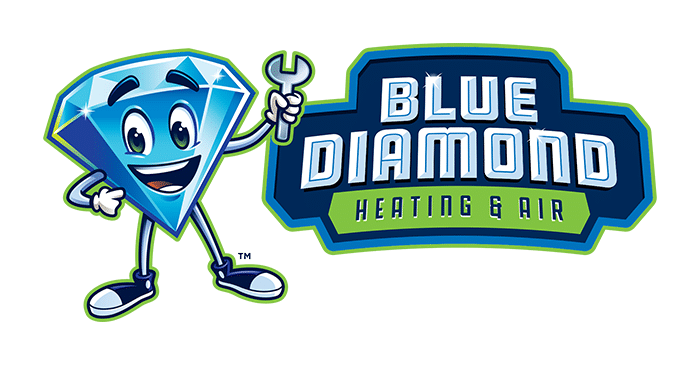Does it ever seem like your AC unit intentionally chooses the hottest day of the year to break down? If you've ever been in this situation, you know how difficult it can be and it's a common problem in El Cajon, where 100-degree weather is all too common. While the summer heat can be extreme, you don't have to have extreme temperatures inside your house.
Tip #1: Replace the Air Filter
The air filter clogs up over time, which is particularly problematic when it's dusty outside. You'll want to vacuum out the dust, dirt, and other pollutants that have accumulated in the air filter. A daily accumulation of these particles will cause your air conditioner to work much harder, resulting in a much higher energy bill and an increased risk of it breaking down due to problems. You reduce the load that the HVAC machine has to clean when you replace or clean the air filter on a regular basis.
Cleaning your home's heating and cooling system once every two weeks is a good rule of thumb. If you live in an especially dusty area, you can clean it even more frequently. It's a part of the routine maintenance.
Tip #2: Clean Up the Area Around the AC Unit
Leaves, grass, gravel, and even branches have been known to find their way into your furnace and air conditioner. This can result in a slew of costly issues, culminating in your unit's complete failure. Why pay the price if you can avoid it by catching it early? You can spend time cleaning out the weeds in the unit on a regular basis and inspect it for debris. Especially if your area has recently experienced strong winds as a result of a storm.
Tip #3: Keep the Air Vents Open
Closing the air vents will not save you money on electricity, contrary to common belief. In reality, since it greatly raises the pressure load, it could be one of the worst things you could do to your heating and air conditioning unit. When you close the vents, you cut off the flow of cool air and dramatically reduce the unit's efficiency. Keep all of the vents open and clear of any potential obstructions to the airflow if you want your air conditioner to run at optimum efficiency to avoid overloading.
The main issue with closing air vents is that it does not imply that you are sending less air into the building. The issue is that your air conditioner continues to use the same amount of energy. Furthermore, the cooling fan has not stopped running. The air conditioner and ductwork are also damaged as a result of this. As a result, air leaks will begin to form, and the more vents you close, the more pressure you will apply to the system, increasing the likelihood of these leaks forming.
Instead, some of the items you might do to reduce your energy bill include:
- Keep the heating and cooling system in good working order.
- Close the curtains and blinds.
- On days when it's necessary, use fans to help circulate the air.
Tip #4: Schedule a Maintenance Checkup.
HVAC providers might be able to help you save money on your heating and cooling bills. When was the last time you had your air conditioning system serviced? If it's been more than a year, you're at a far higher risk of experiencing issues. Do you really want to be stuck in your house without air conditioning, particularly during the hot summer months? On those hot summer days, heating and air repair will prevent the air conditioner from breaking down. Furthermore, a tune-up can detect problems until they become uncontrollable, and it can also help you save money on your energy bill. HVAC maintenance will help you keep your air conditioner in good working order and extend its lifetime.
Tip #5: Set Your HVAC Unit to the Optimal Temperature
While the temperature you set on the thermostat will ultimately depend on your personal preferences, many devices will have an optimal temperature that ensures they use energy efficiently. You may consult the owner's manual or ask your service technician to assist you in determining the most energy-efficient environment. You should avoid changing the temperature too much because this will make your HVAC machine work harder, and it will then perform less efficiently.
Tip #6: Seal the House Against Incoming Drafts
In the winter, the average person worries about avoiding air infiltration, but they don't worry about it during the summer. Any air leak inside the home will rob you of the maximum capability and efficiency of your HVAC system. your Before you turn on your AC, close the doors and windows and check for a strong weather seal on your doors and windows on the house to get the best results. Installing weather strips on the door, in particular, will help to prevent cold air from escaping out. To avoid losing cooling and heating through your windows, you may want to upgrade to newer, more energy-efficient windows. The following are the most popular sources of drafts in the home:
- Chimneys
- Windows
- Doors
- Attics and basements
- Electrical outlets
Call an El Cajon HVAC Company You Can Trust
Call us today at (619) 514-2114 to schedule your air conditioning repair San Diego appointment. We'll be happy to keep you cool in whatever way works best for your needs and budget.

